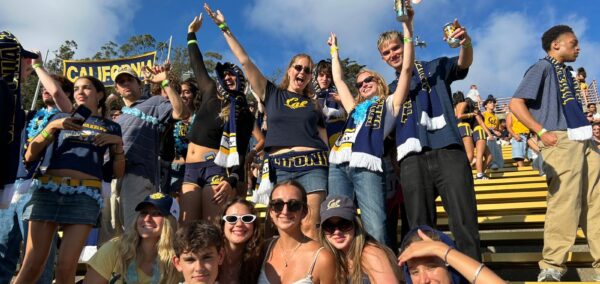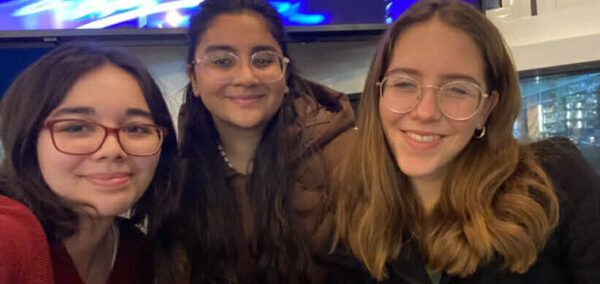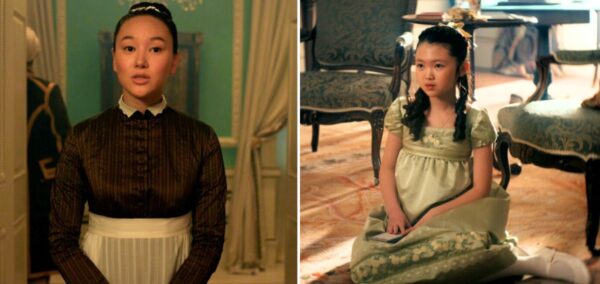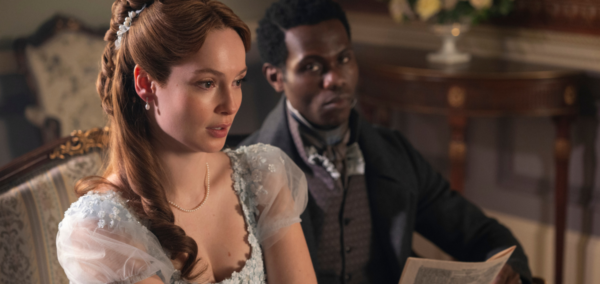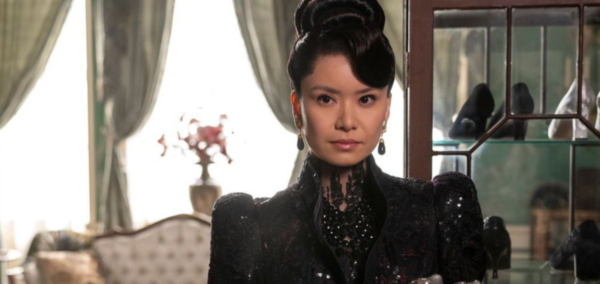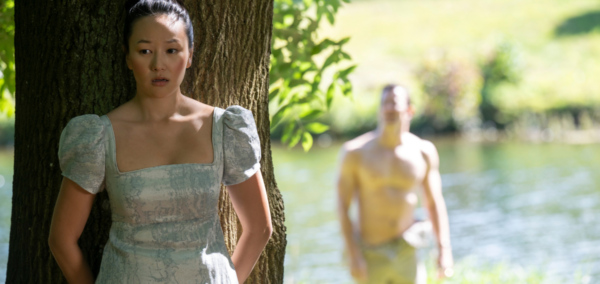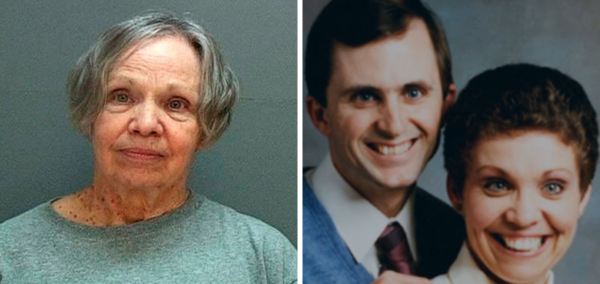
QMUL students refunded £500 each for not receiving degrees at their graduation ceremony
20 film studies grads paid for a ceremony where they didn’t get a certificate
Queen Mary gave £500 to 20 final year film studies students as compensation for not knowing their grades by graduation.
Their marks had been delayed due to the marking boycott last summer. This led to them receiving a piece of paper saying they weren’t getting their degree certificates as they walked past the podium at the graduation ceremony. A student also alleged to The London Tab that the delay caused complications for students on visas and those applying for Master’s and jobs.
According to an internal Queen Mary report, it was over a month later when these students finally received their degree classification. The same source also found that a further 2,060 first and second year undergraduates and 97 associate students did not receive their marks on time last year.

The paper students received at graduation instead of their degree certificate (source: University College Union at Queen Mary (QMUCU))
In an email seen by The London Tab, the Head of the School of Languages, Linguistics and Film at Queen Mary wrote to students: “While you were able to graduate with all your fellow finalists, it is clearly unsatisfactory that you had to wait five weeks for confirmation of your marks and degree classification.
“In compensation for the distress and disappointment you must have felt as a result of this delay, we are offering a partial refund of £500 from your tuition fee.”
The aforementioned Queen Mary report, which showed how the university’s executive team and QMUCU, interacted during last year’s industrial action, confirm this. It showed that 20 film studies students were offered compensation for not receiving their degree classification on time.
Most Read

Credit: Queen Mary
The London Tab spoke to one of the graduates affected by the delay. While industrial actions and Covid disrupted their entire programme, they said they were “less angry and more satisfied” with it before the marking boycott in their final year. In particular, they had been frustrated by the lack of communication from the university on its impact on their graduation.”
“My cohort has not been given an official grade plus received incredibly limited information from the university as to what is going on. Emails to the university and academic registry have either been repeatedly ignored or their responses were so vague they have proved useless.
“Despite not receiving a grade, the university required us to pay for a graduation ceremony in which we were provided with a piece of paper, instead of a degree, stating that we could not be awarded official marks,” they said.
While they said the marking boycott and strikes had affected their education, causing them anger and a a lack of satisfaction, they were still supportive of striking staff.
“I care greatly for Film Studies, as nerdy as that may sound, and greatly appreciate the knowledge that the staff have taught me over the past three years.
“Despite my dissatisfaction with this experience, I and many others on the course support the staff’s strike and understand their choice to participate in a marking boycott.”
Apart from the disruptions to graduation, there have been other controversies regarding how the university responded to the marking boycott.
In an attempt to complete marking without the striking staff, Queen Mary had allegedly outsourced marking from a foreign consultancy. Students consequently reported being “appalled” by the “incompetent” feedback they received.
Additionally, a leaked email from Queen Mary’s vice chancellor, Colin Bailey, showed him warning the film studies department that courses could be closed down due to their industrial action. Writing on his iPhone, he said: “If we can’t get the final marks in for Film, then we will need to consider whether we can recruit students onto these programmes next year.”
Staff participating in the marking boycott at the film department were also hit with 100 per cent pay cuts even if they carried out all other work.
In an open letter, they said they “condemn consistent potentially unlawful threats to the future of our department and livelihoods, and the relentless hostility colleagues have been facing from the Principal of QMUL.”

Credit: QMUCU
In addition to the 20 final year students, 2,060 first and second year undergraduate students and 97 associate students at Queen Mary did not receive their marks on time due to the marking boycotts last year. The UCU also warned of possible marking boycotts this coming April that “strategically target the summer finals” as part of continuing disputes over pay, pensions, and working conditions, but nothing has been confirmed.
When contacted by The London Tab, a spokesperson for Queen Mary, University of London, said: “From the outset of the five-year sector-wide industrial action, our overriding priority has been to protect our students’ education. With only two per cent of our staff taking strike action, the impact at Queen Mary has been limited to a few degree programmes.
“In the summer of 2022, over 5,600 finalists were eligible to graduate with their full degree classifications and marks on time. In Film Studies, 20 students received enough grades to graduate but, due to industrial action, were missing some marks to allow their final classification to be specified at the graduation ceremony. The 20 students received their final classification after the graduation ceremony and the film department apologised to the students.”
Related stories recommended by this writer:
• Queen Mary staff threatened with 100 per cent pay deduction for striking
• ‘We need education to change’: The head of UCU on how the strikes are affecting students
• ‘Unite and fight’: We spoke to students and staff at UCU’s ‘biggest ever strike rally’





